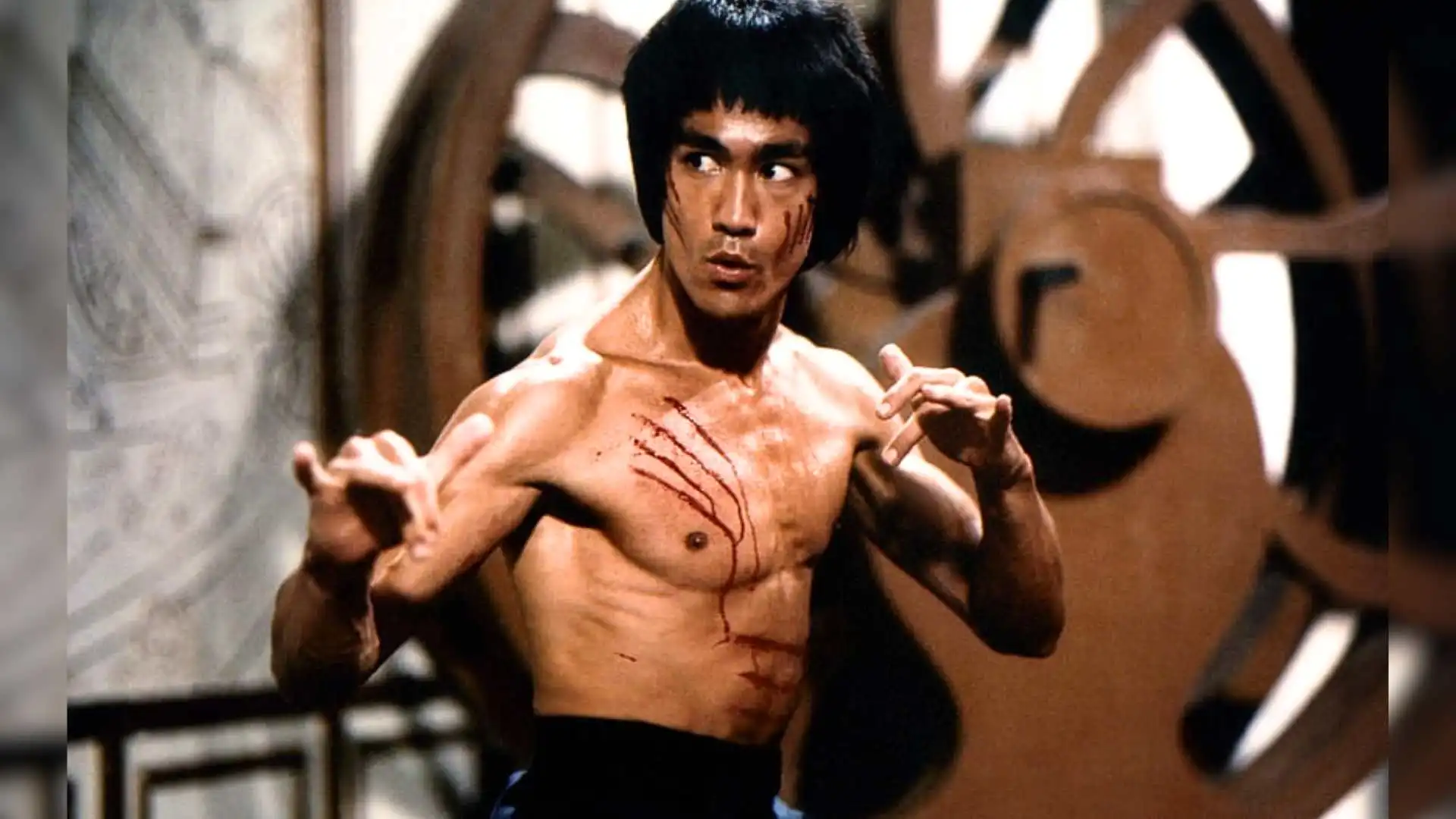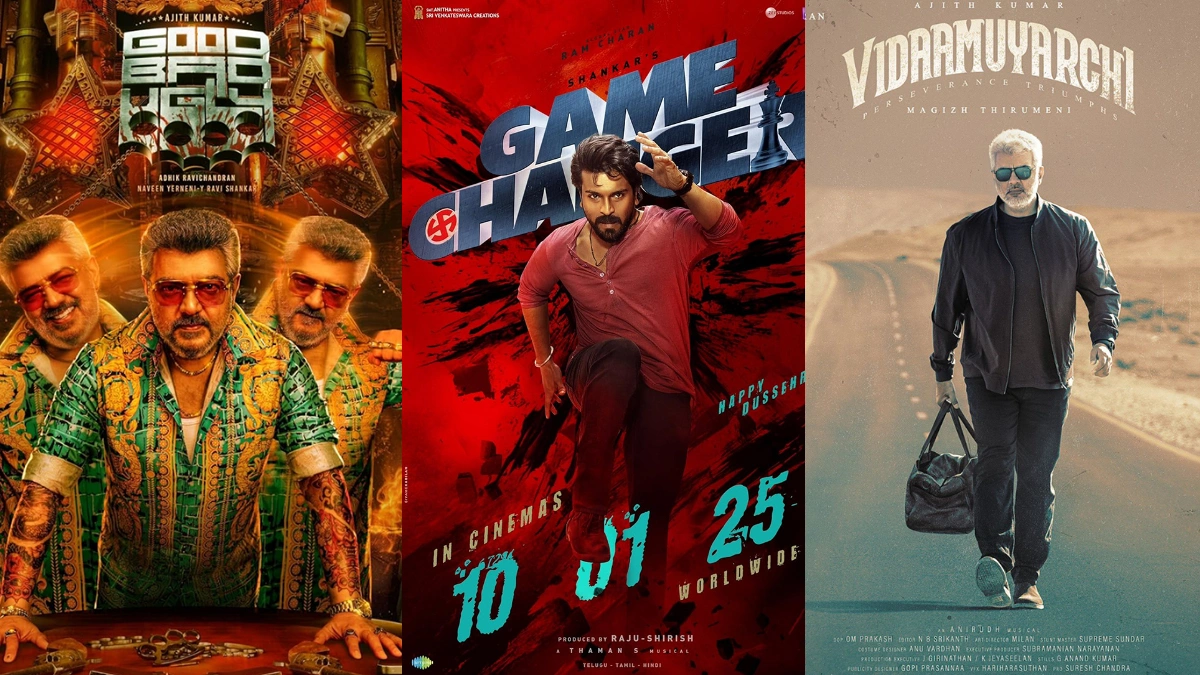Today marks what would have been Bruce Lee’s 84th birthday, a day to celebrate the life, legacy, and contributions of one of the most influential figures in martial arts and cinema. A martial artist, actor, director, and philosopher, Lee’s impact goes far beyond his iconic role in action films — he revolutionized martial arts, bridged the gap between Eastern and Western cultures, and changed the way the world views physical fitness and discipline.
Who Was Bruce Lee?
Bruce Lee was born on November 27, 1940, in San Francisco, California, but grew up in Hong Kong. His father, a Cantonese opera star, and his mother, of Chinese and Eurasian descent, were both steeped in the performing arts. This background would ultimately play a role in Lee’s own path to stardom, but it was his passion for martial arts that would set him apart as a global phenomenon.
Lee began his martial arts training at a young age, studying Wing Chun under the legendary Yip Man. His unique blend of traditional martial arts with his own philosophy of speed, power, and natural fluidity transformed the world of fighting. Lee’s martial arts system, Jeet Kune Do, emphasized directness, simplicity, and efficiency, which are still revered by martial artists today.
But Bruce Lee wasn’t just a martial artist — he was a trailblazer who broke racial barriers in Hollywood, where Asian actors were often relegated to stereotypical roles. Through his strength, charisma, and undeniable screen presence, Lee became a global icon, inspiring generations of martial artists and movie lovers alike.
Bruce Lee’s Iconic Movies: A Legacy of Action and Philosophy
Bruce Lee’s film career was short, but incredibly impactful. Despite only starring in five major films before his untimely death at the age of 32, Lee’s movies continue to inspire, entertain, and inform the action genre to this day. His films are a reflection of his martial arts philosophy — quick, direct, and powerful. Let’s take a look at some of his most iconic movies that solidified his legacy.
1. The Big Boss (1971)

Also known as Fists of Fury in the West, The Big Boss was Bruce Lee’s first major starring role in Hong Kong cinema. In this film, Lee plays a factory worker who is forced to take on a powerful drug syndicate after his loved ones are harmed. This was the film that catapulted Bruce Lee into superstardom, making him a household name in Asia. The fight scenes were groundbreaking for their time, showcasing Lee’s impeccable speed, strength, and agility.
2. Fist of Fury (1972)

In Fist of Fury, also known as The Chinese Connection, Lee’s character Chen Zhen seeks revenge for the murder of his martial arts master. The movie is famous for its stunning action sequences, including Lee’s legendary battle with a group of Japanese fighters. Fist of Fury also introduced Lee’s ability to incorporate deeper themes, such as nationalism and resistance, into his films. The famous “School of Hard Knocks” fight scene remains one of the most memorable in martial arts cinema history.
3. Way of the Dragon (1972)

Way of the Dragon was Bruce Lee’s directorial debut, and it remains one of his most iconic works. In the film, Lee plays Colt, a martial artist who travels to Rome to help a family restaurant fend off local gangsters. The film is best remembered for the epic fight between Bruce Lee and Chuck Norris in the Colosseum, a battle that has become a defining moment in martial arts film history. Way of the Dragon shows Lee’s unique approach to martial arts cinema — mixing action with his philosophy on life and combat.
4. Enter the Dragon (1973)

Perhaps the most famous of all of Lee’s films, Enter the Dragon is often regarded as one of the greatest martial arts movies of all time. This was Lee’s first major Hollywood film and the one that brought him international fame. The plot centers on a martial artist named Lee who is recruited by a British intelligence agency to infiltrate a criminal underworld run by a drug lord and martial arts master. With its martial arts action, spy thriller elements, and Lee’s unforgettable charisma, Enter the Dragon has influenced generations of filmmakers and remains a classic in the genre. Tragically, Bruce Lee passed away just before the film’s release, but it solidified his place in cinematic history.
5. Game of Death (1978)

Game of Death was the film Bruce Lee was working on when he died in 1973, and it was released posthumously. Though the film was incomplete, it featured one of the most iconic sequences in martial arts history — Bruce Lee’s battle with a series of opponents, culminating in a final showdown with the seven-foot-tall basketball player, Kareem Abdul-Jabbar. Though the film’s production was altered and edited after Lee’s death, the “yellow jumpsuit” fight scene remains legendary.
Bruce Lee’s Legacy: More Than Just a Fighter
Bruce Lee’s influence extends far beyond the silver screen. His philosophy, embodied in his creation of Jeet Kune Do, forever changed the way martial artists approach training. He rejected rigid styles and encouraged practitioners to adapt to their environment and use what worked best for them — a revolutionary concept at the time. His teachings emphasized personal growth, strength, and the ability to remain fluid and adaptable, both in martial arts and in life.
In addition to his martial arts expertise, Bruce Lee also reshaped the public perception of Asian actors in Hollywood. At a time when Asian characters were often portrayed as subservient or mystical, Lee broke down those stereotypes with his dynamic roles, fighting skills, and charisma. He demanded respect, not only for himself but for his entire culture, and in doing so, he became a global icon.
Even after his death, Lee’s influence continues to grow. His image is emblazoned on posters, T-shirts, and even video games. His life story has been told in documentaries, books, and biographical films. Lee’s unparalleled skills, dedication to his craft, and unyielding spirit continue to inspire millions of people around the world, making him not only a legend in martial arts but a cultural icon whose legacy transcends generations.
Remembering Bruce Lee
As we mark Bruce Lee’s 84th birthday, it’s a fitting time to reflect on his immense contribution to martial arts, cinema, and popular culture. From his groundbreaking films to his revolutionary martial arts philosophy, Bruce Lee left an indelible mark on the world. His legacy continues to inspire not only martial artists but anyone striving for greatness, discipline, and perseverance.
Bruce Lee once said, “Absorb what is useful, discard what is not, add what is uniquely your own.” Today, that quote serves as a reminder to honor his memory by embodying the same spirit of innovation and excellence that he lived by.
Bruce Lee may be gone, but his legacy will never fade. It lives on in the films he made, the martial arts he taught, and the millions of people he continues to inspire.
ALSO READ: Aditi Rao Hydari & Siddharth Wedding: Stunning New Photos From Their Magical Alila Fort Ceremony!




















